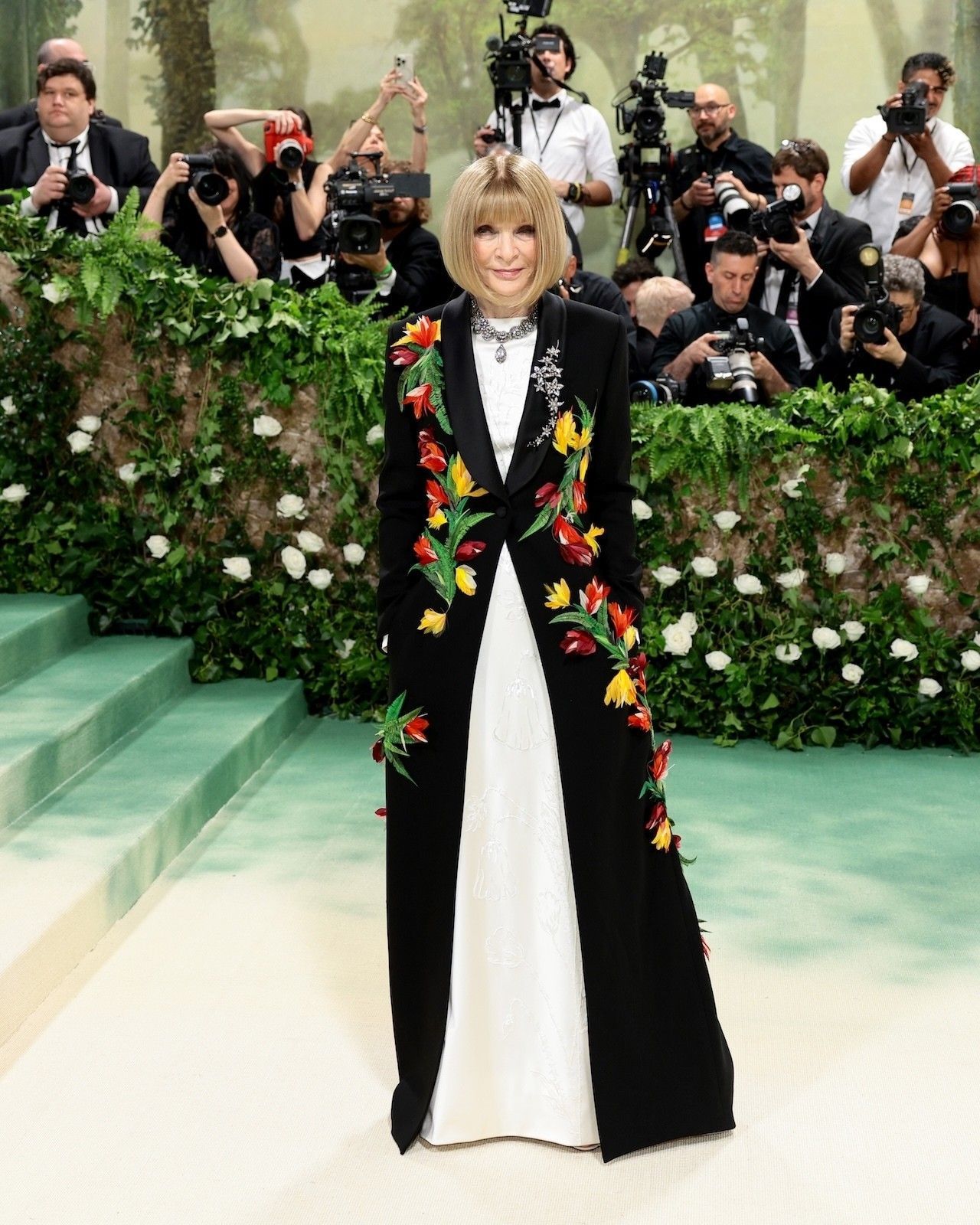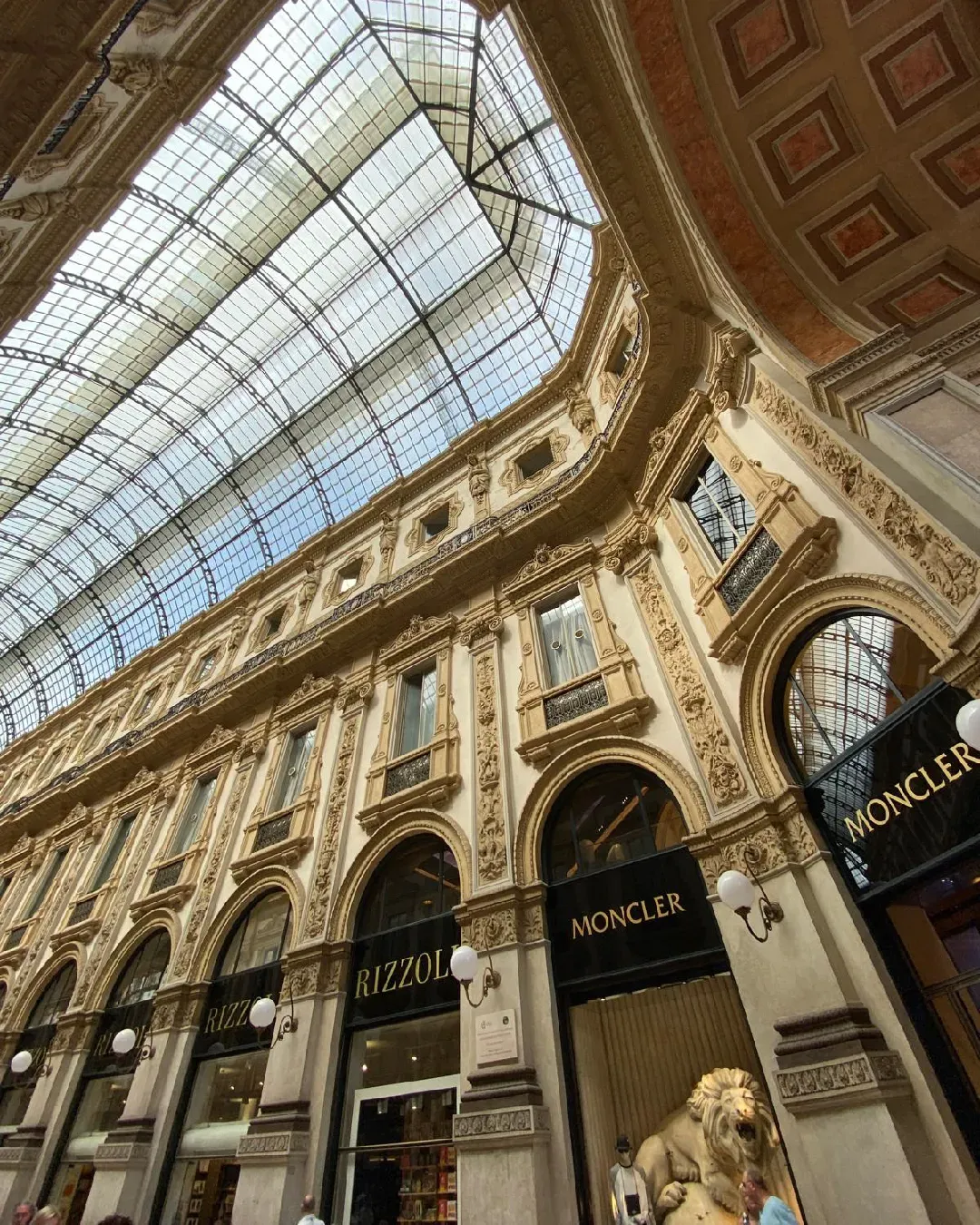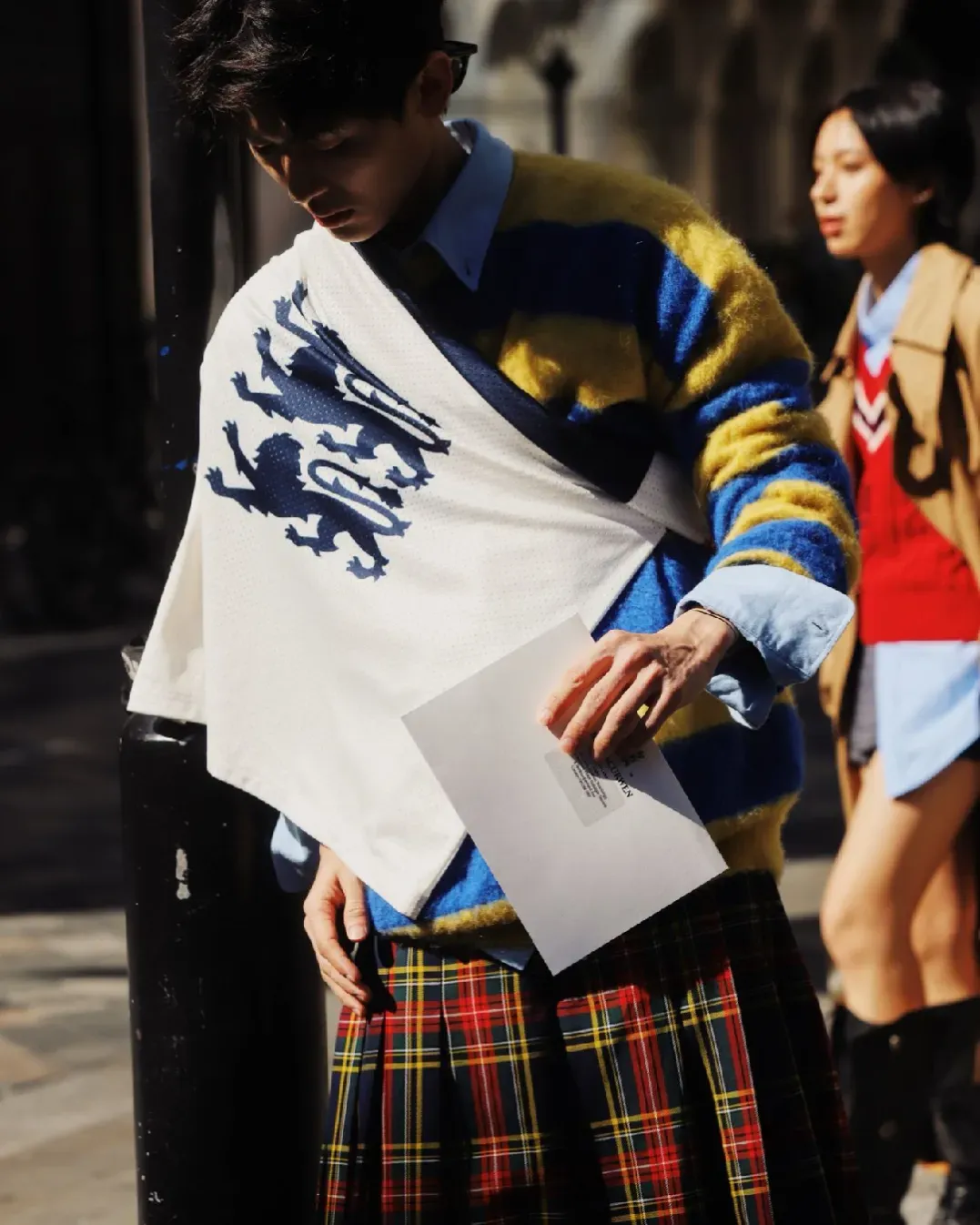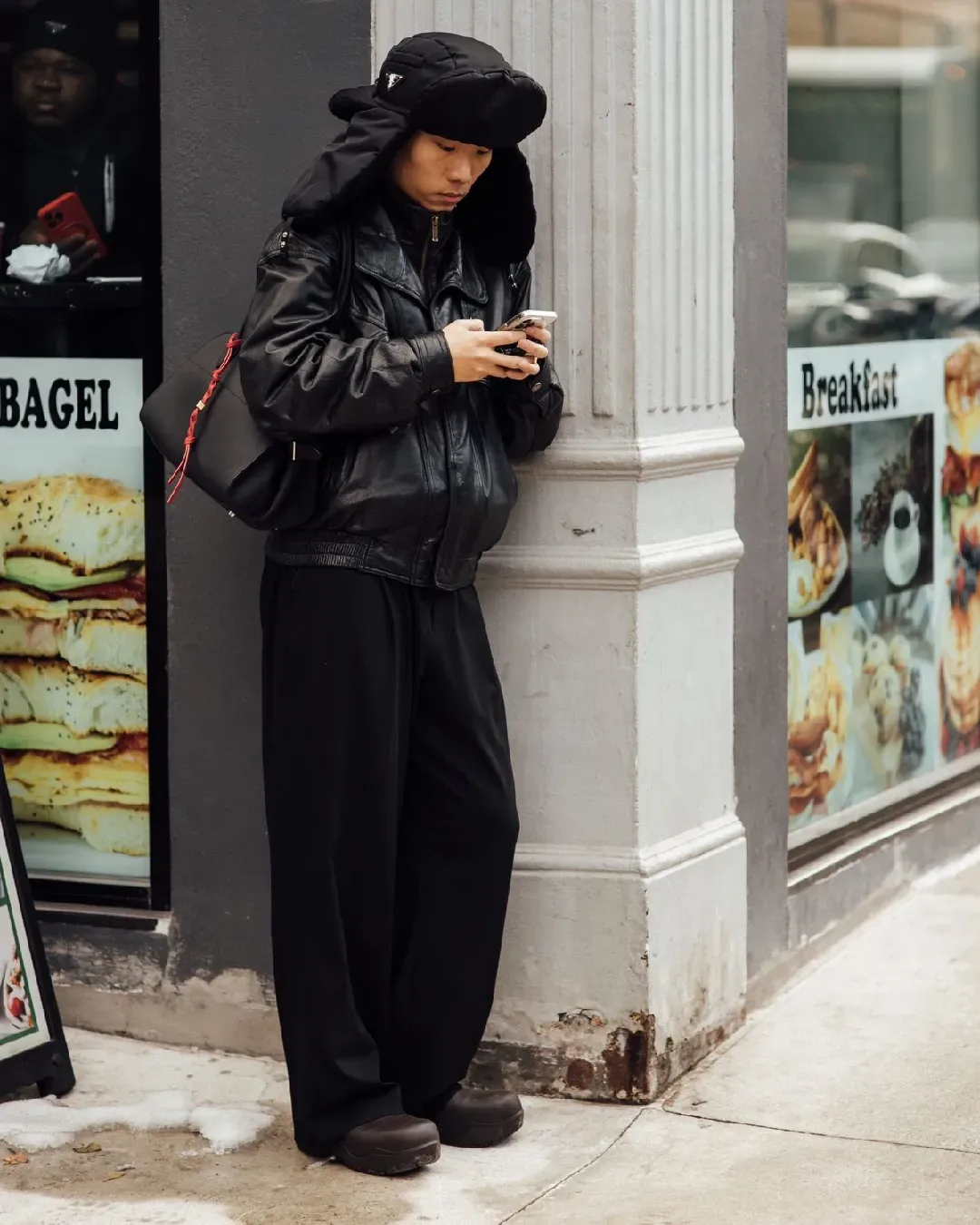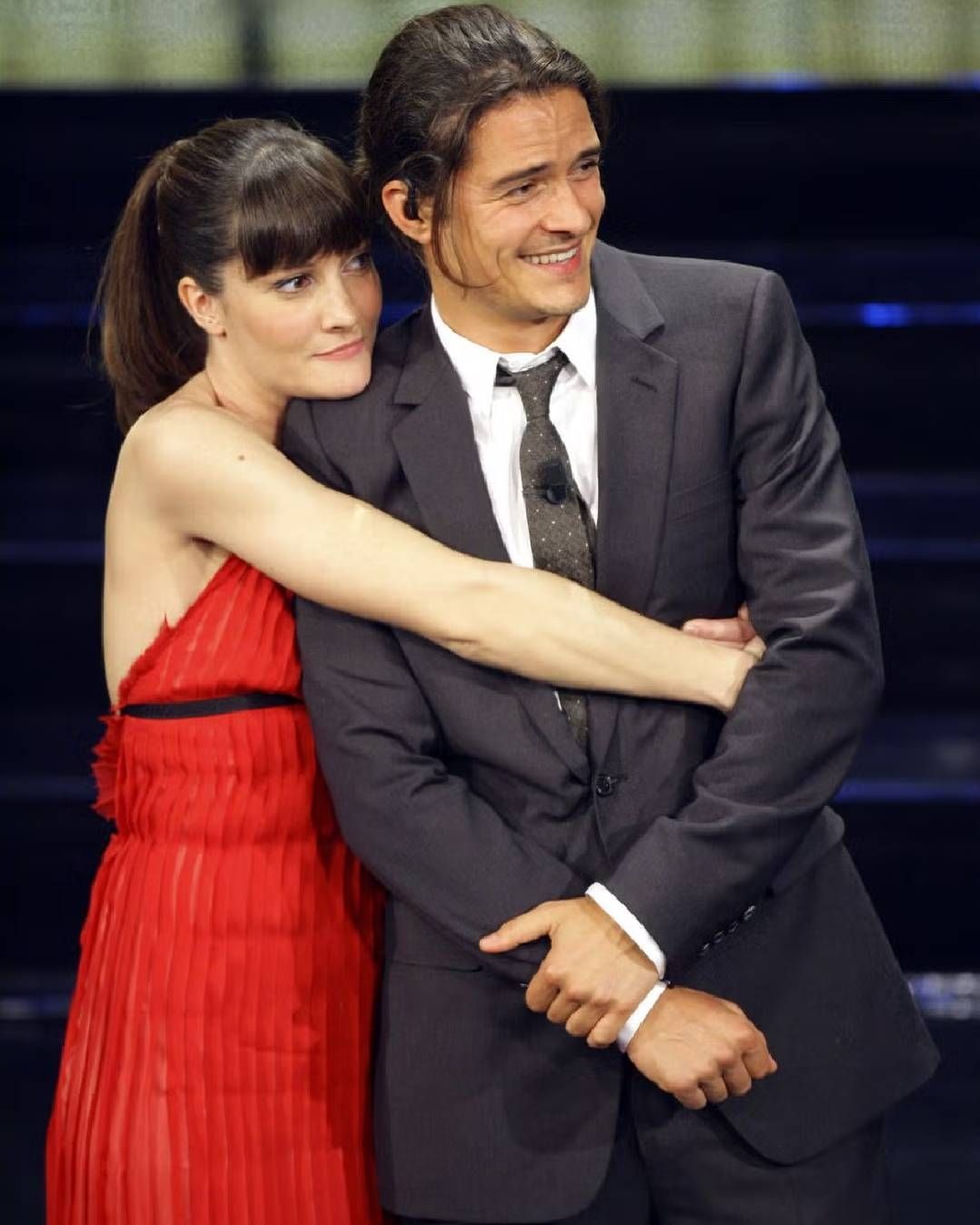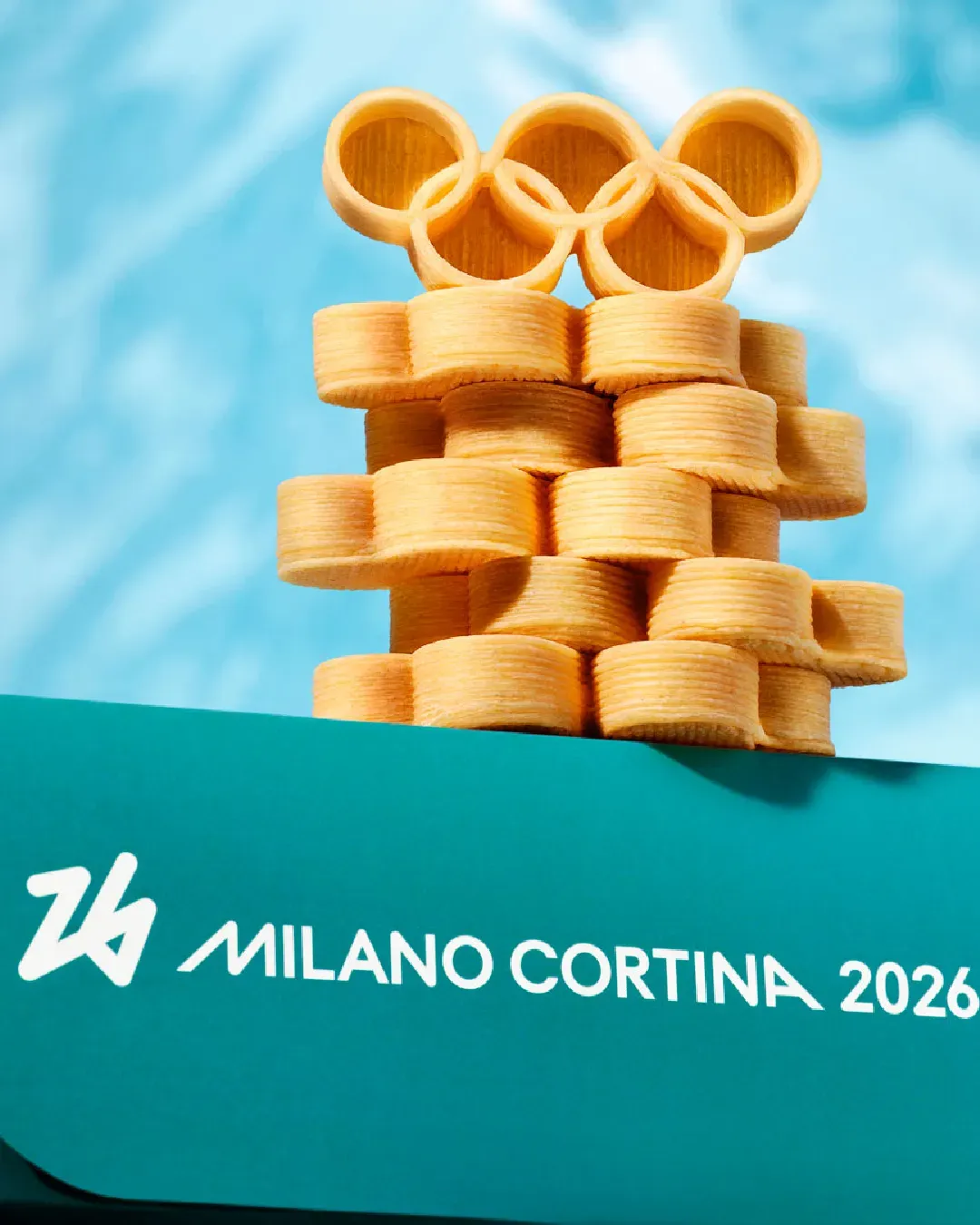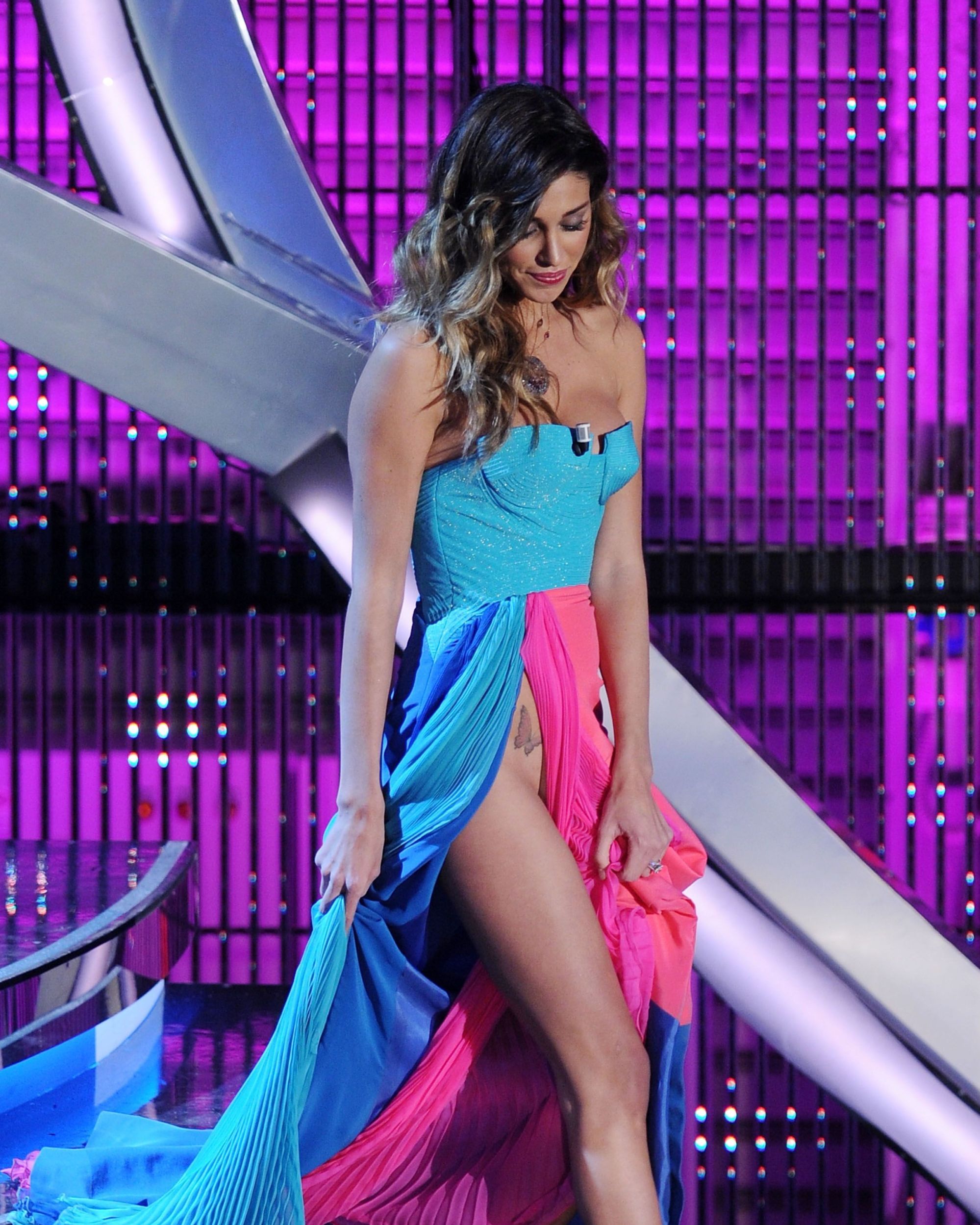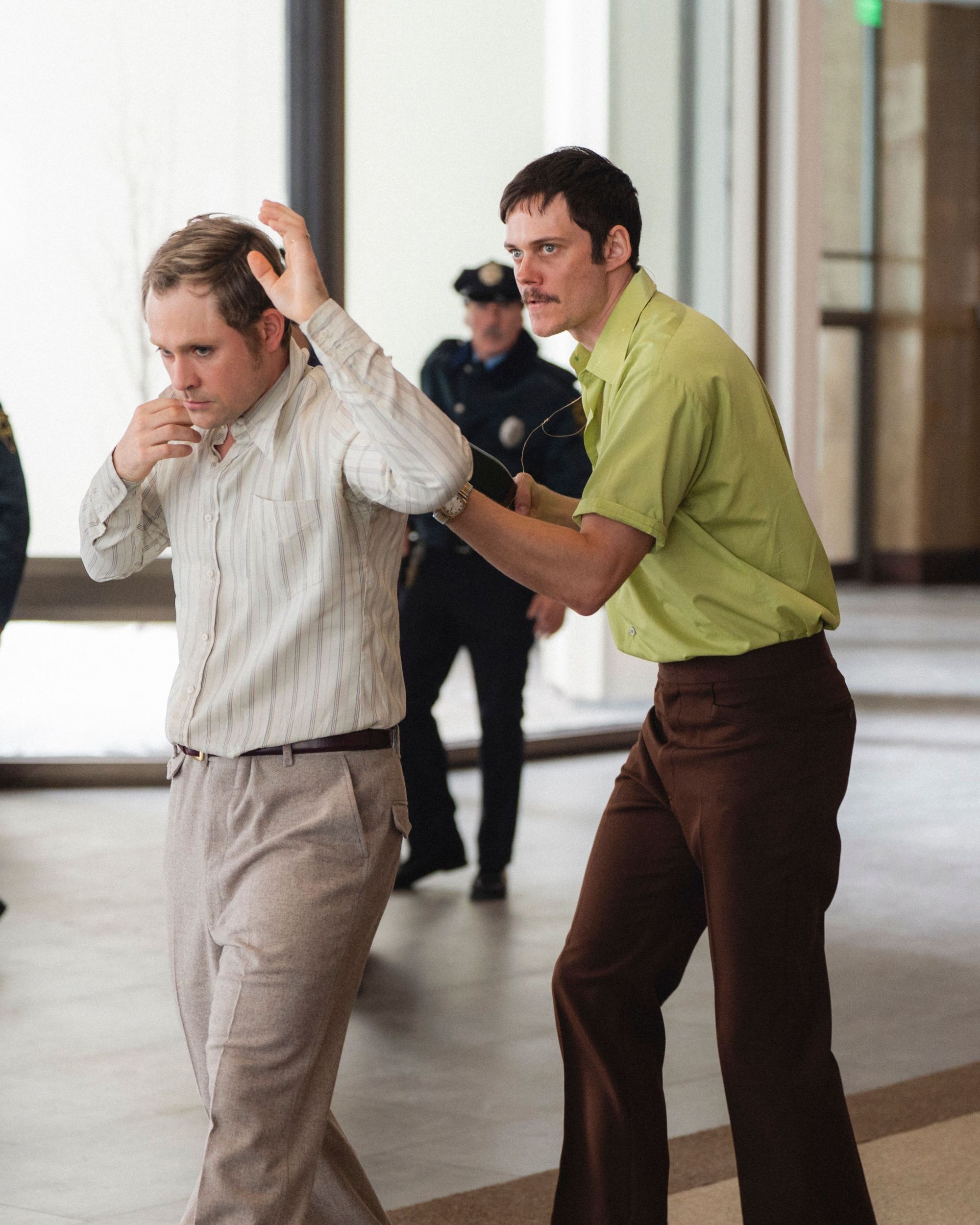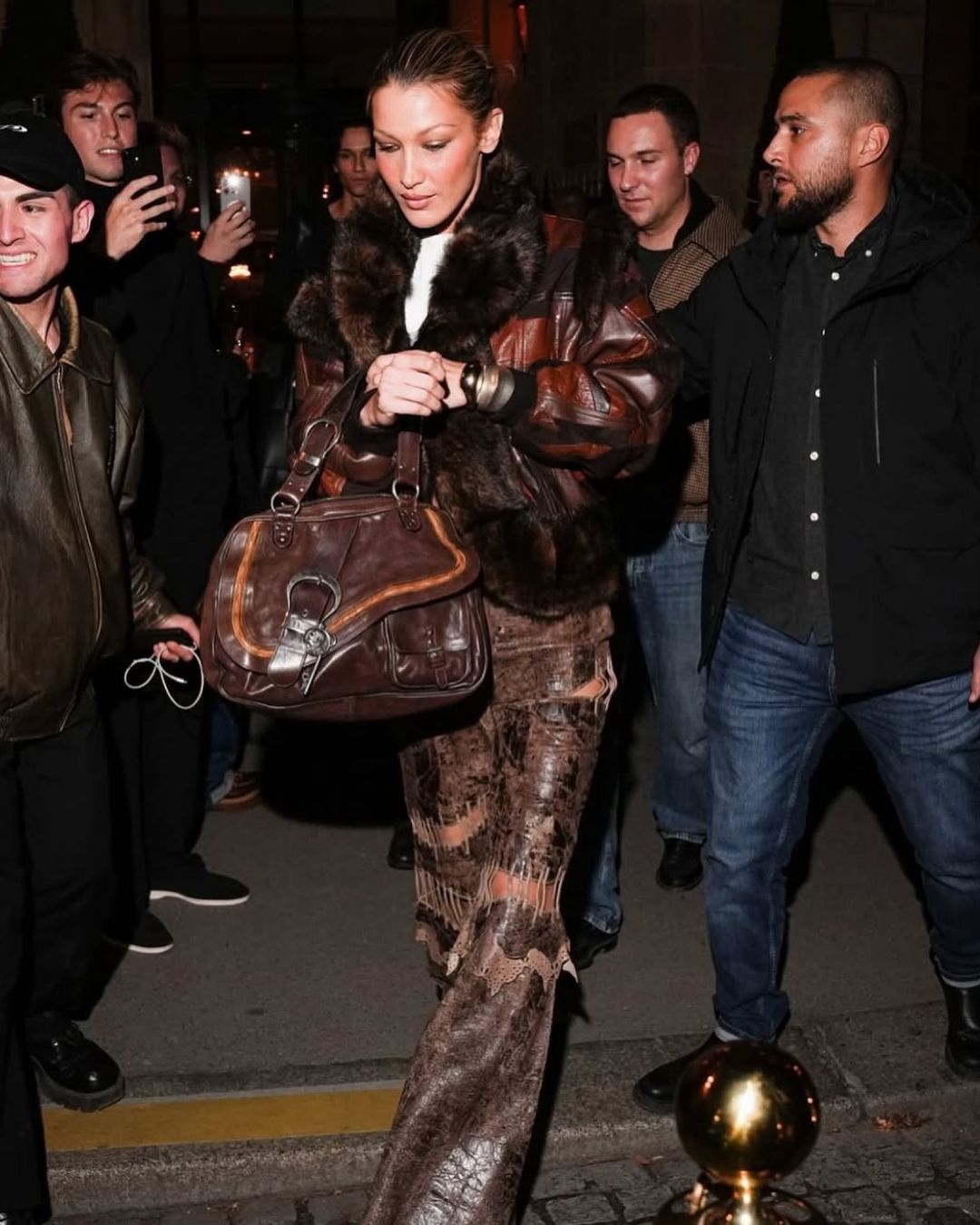
Miss Sixty's made in Italy Y2K From Lele Mora to Bella Hadid, through Cina
It was 14 September 2011 when the most representative Italian commercial of the times made its entrance into the mainstream: Belen Rodriguez in an unadorned room in a basic instinct, in a Miss Sixty total look and push-up jeans, undresses in front of the camera and earns censure. Indeed, if there is one able brand, to sum up, the varied '00s scene, from Asia Argento's heroin-chic allure to Belen's 'velina' aesthetic, it is Miss Sixty. Thanks to its denim, washed-out and strictly low-waisted, the brand founded in Rome in 1991 by the creative couple Wicky Hassan and Renato Rossi has crossed national borders only to mysteriously disappear, after twenty years of success, like most of the brands that marked our adolescence, first bankrupt and then sold to some Asian multinational. Today, Crescent HydePark, the Chinese group that acquired the brand, is trying to resurrect the brand after a series of unsuccessful attempts, in the wake of the Y2K revival that has been animating the catwalks for some time now and that has brought Miss Sixty items to new-found popularity, thanks to Depop, Vinted and sometimes Vestiare&Co. But archives aside, if there is someone capable of resurrecting a brand from oblivion it is Bella Hadid, chosen as the brand's testimonial for the latest summer campaign.
In 1988, Wicky Hassan, a Libyan designer and entrepreneur naturalized Italian decided to launch his first casual clothing line, Energie, while in 1991 it was the turn of Miss Sixty. The latter is aimed exclusively at the female public with bright colors, crop-tops in elastane, cropped skirts, and low-waisted jeans, among the first to arrive on the market, produced in 27 million pieces and distributed worldwide. In the 1990s, the two brands were merged into the Sixty Group, a small Italian giant that also includes Killah, Murphy&Nye, and Refrigiwear. The creative offices are located in the center of Rome, while the production part is relocated to the industrial area of Chieti, in Abruzzo. In the meantime, Christina Aguilera, Angelina Jolie, Anastacia, Beyoncé, Jennifer Lopez, and Victoria Beckham declared themselves fans of the brand and also became Hassan's friends: the brand soon became synonymous with the denim fixation that characterized the late 1990s and early 2000s, in that rampant decade for Italian-made goods, making a name for itself and a following for the silhouettes, washes, and cuts characteristic of each model. By 2007, the group had reached a turnover of 700 million, distributed in 80 countries, 2500 employees worldwide, five brands in its portfolio, and a factory working at full capacity that in the sector was second only to Renzo Rosso's Only the Brave. Only a year later, the 2008 financial crisis and the founder's illness caused the first losses, so much so that shortly afterward the Asian branch of the group was sold to Trendy International. In the same year, turnover dropped to 542 million, falling to 300 million in 2011, the year of Hassan's untimely death, and the group was finally sold in 2012 to a pan-Asian investment fund, Crescent HydePark. «Only three years earlier, Miss Sixty was on the catwalk during New York Fashion Week, right after Diane Von Furstenberg with Anne Hathaway on the front row admiring those colorful models designed by Hassan, who was animated by a great passion for pop art and comic strips, which he had also declined in an art gallery-hotel in Riccione (and where else?), the Sixty Hotel» - writes Chiara Berghelli in 2016 edition on Sole 24 ore's Finance and Markets insert.
To this day, the Sixty Group has not forgotten its European roots. On the contrary, for the past couple of years, a project has been underway to 'reconquer' the old continent through a process of renewal of models and production lines, while its presence on Asian soil remains constant with 3,000 shops across the continent, in addition to a dozen single-brand stores in Italy, Germany and the United Kingdom. It might come as a surprise that the best-known (and perhaps best-paid) supermodel of the moment would become a testimonial as early as 2021 for a brand that, despite her best efforts, seems to have completely lost its appeal and creative drive, but in reality, there is no person better suited than Bella Hadid to represent Italy's best-loved mall brand. A year ago she wrote on her Instagram profile: "I just signed my new contract as the face of @misssixty ... I have so many vintage pieces from the brand collected over the years and can't wait to match them with the clothes in the new collection!". Bella Hadid's daily outfits in recent months have degenerated into a seemingly random hodgepodge of Y2K brands thrifted on Depop, the ultimate in fashion for the nostalgic Polyvore and Gen Z: vintage Adidas basketball shorts, Miss Sixty crop tops, archival Diesel parachute pants, the result of a lingering aesthetic nostalgia, the fruit of the trend of recent times that has led us to call vintage even what is not. But in the light of the new releases, which do not seem to stand out much from the catalogs of the fast fashion giants, amidst basic garments, chunky trainers, and chain bags, the garments no longer tell of that succinct and shocking aesthetic, which speaks of showgirls, footballers, and TV stars, of a perhaps more carefree Italy, filtered through the romantic patina that only memories can give things. All that remains of Hassan's Miss Sixty is the logo.

